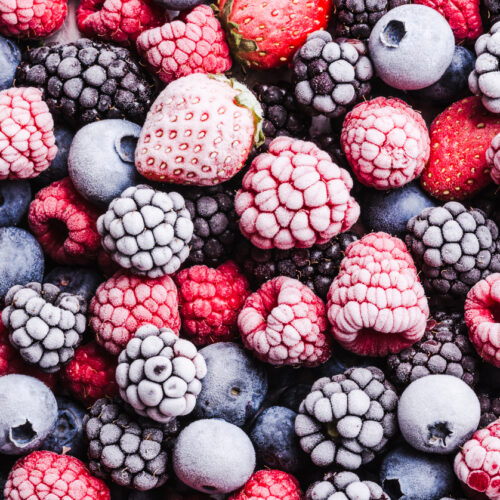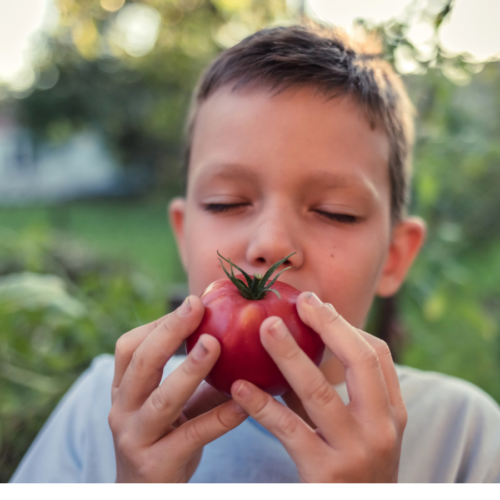
Nutritionist Claire Turnbull answers common questions about weight loss.
Q: How much of weight loss is down to food and how much is exercise? On The Biggest Loser, for example, it looks as if exercise is the most important factor.
A: Both diet and exercise play vital roles when losing weight – especially if you want to keep weight off! Changing the way you eat, modifying portion sizes, and limiting high-fat, high-sugar foods and alcohol, means you will reduce the number of kilojoules (kJ) you consume. This is one part of the weight-loss equation.
In simple terms, to lose weight your body needs to be taking in less energy (kJ) through food and/or burning more kilojoules through exercise for a sustained period of time. On The Biggest Loser it may seem that exercise has been the answer to contestants’ weight-loss, but I am absolutely positive behind the scenes they will also have been modifying what they eat to lose as much weight as they do.
In addition, by doing cardio-vascular exercise such as running, cycling and swimming, your body will be burning kilojoules and helping you to achieve an energy deficit supporting weight-loss.
Resistance exercises (squats, lunges, press ups or using weights) are also an important part of the weight-loss equation which is often forgotten. Weight-bearing exercise encourages your body to gain lean muscle which helps raise your body’s metabolic rate. Having a raised metabolic rate helps your body burn even more kilojoules when you are resting.
Q: I have started going to the gym regularly and working out but I’m not losing weight like I thought I would. Why not?
A: A healthy rate of weight-loss for most people is about one kilo every two weeks. To lose one kilo of body fat requires a deficit of about 30,000kJ over that two-week period. For most people the easiest way to do this is to make a combined effort of eating slightly fewer kilojoules each day and doing more exercise to reach a deficit of about 2150kJ a day (roughly 30,000kJ over 14 days).
If you are going to the gym, say three times a week, without changing what you are eating, you may be burning say 7500kJ/week – which would mean you would only lose 0.25kg every two weeks. So modifying your food while exercising is important.
In my experience, when people start exercising, they often end up having extra snacks around their exercise or slightly bigger meals after exercise because they are very hungry – this can cancel out the benefit of your exercise.
Q: My gym trainer says I should be reducing my carbohydrates and cutting out all grains to help me lose weight. Is that right?
A: Although removing carbohydrates and grains (including bread, rice and pasta) from your diet can help shift ‘weight’ quite quickly, it is only a short-term solution – particularly as the ‘weight’ you lose reflected on the scales may not just be body fat, but also a combination of fluid and muscle. Removing grains also leaves you short on fibre and other vital minerals and vitamins which you need for good health. And in my experience, after a few weeks, many people feel tired and irritable, too.
Grains are a healthy part of a balanced diet and unless you have a good reason to remove them (an allergy or a diagnosed intolerance), it is best to consider including the healthier types based on whole grains. Examples include oats, wholegrain breads, brown rice and quinoa. It is also important to have the right serving size of carbohydrate for your needs – a small fist size at each meal rather than half-a-plate full.
www.healthyfood.com











